Oxygenchain Incentivizes transparency and creates accountability in waste treatment.

The Uncomfortable truth
Half of the world’s liquid waste is dumped into our rivers, lakes and oceans untreated. Inefficient systems, lack of resources, and centralized environmental agencies all contribute to falling short of a solution people deserve.
Two main reasons for the failure of current initiatives are; lack of transparency and misaligned incentives. Because data is opaque, it is: difficult to validate, hard to enforce results, and creates a lack of accountability.
Proposed Solution
Incentivize the monitoring of our most valuable resources using real-time data collected through multi-parameter IoT sensors, flow rate meters and more to create an immutable record of history, while calculating differences from incoming and outgoing readings to generate rewards. Oxygenchain is ready to power new economies with tangible results providing accountability, transparency and emphasizing efficiency to the public.
By proving that their activities are not contaminating the planet, participants will receive a reward, which will encourage them to continue to operate in an environmentally friendly manner.
How It Works
The rewards system incentivizes municipalities, industries, small companies and property owners to comply with environmental regulations and provides a clear way for them to demonstrate their commitment to sustainability.
 Oxygenchain aims to create a platform that encourages environmental responsibility and helps mitigate the impact of pollution on our planet.
Oxygenchain aims to create a platform that encourages environmental responsibility and helps mitigate the impact of pollution on our planet.
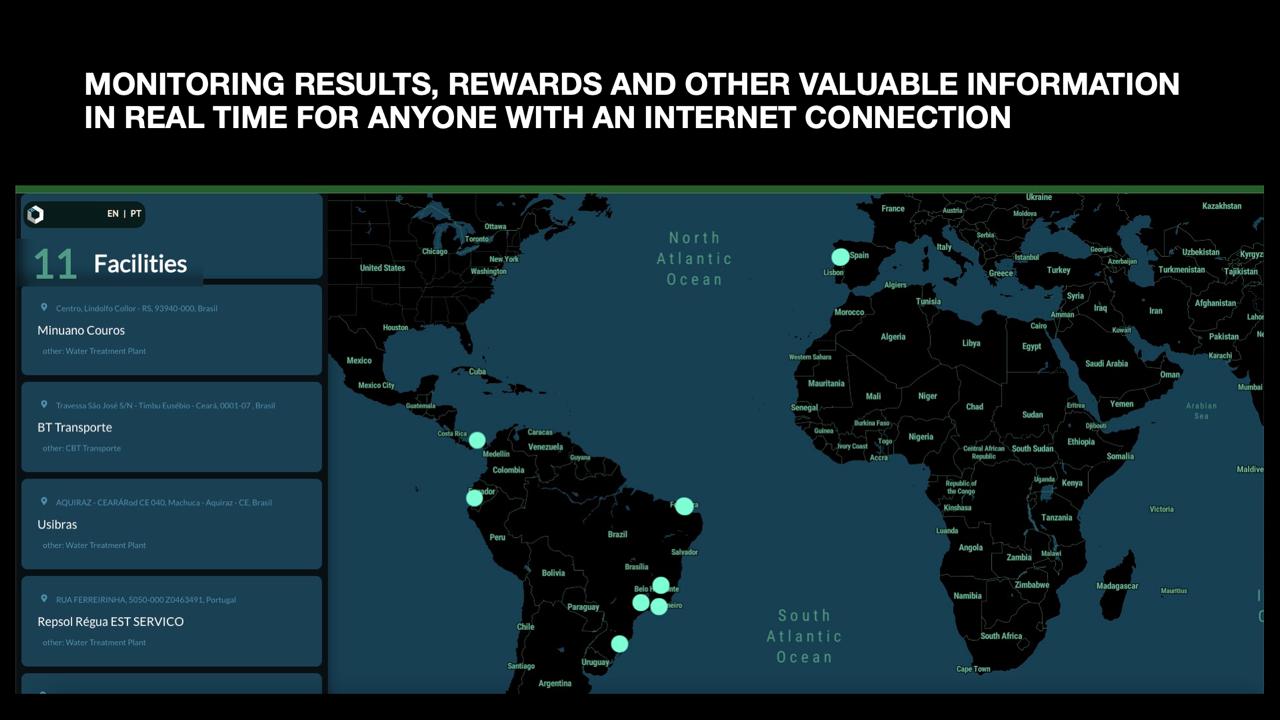
[System overview]  🔗🔗🔗🔗Boots on the ground Oxygen Chain proof-of-concept
🔗🔗🔗🔗General introduction video Oxygen Chain
🔗🔗🔗🔗Boots on the ground Oxygen Chain proof-of-concept
🔗🔗🔗🔗General introduction video Oxygen Chain
The Team

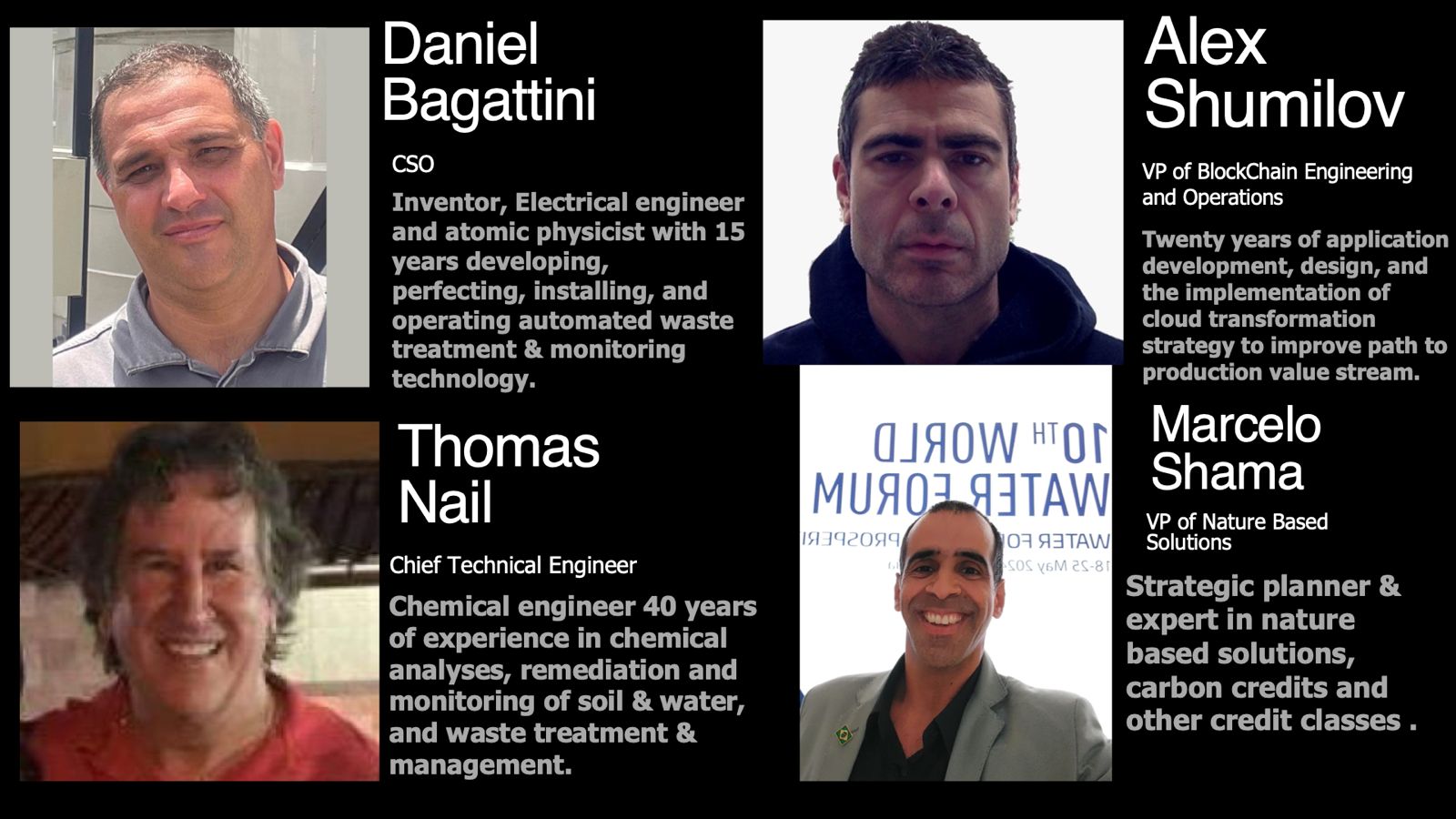
Now In Europe
Oxygenchain has collaborated with pioneering leaders in the water treatment and recycling sector in Portugal which resulted in the successful development and installation of an oxygen-ready water treatment and recycling system for car washes and gas stations, contributing to effective waste treatment and water conservation. 🔗🔗🔗🔗 (https://vimeo.com/853900433)
Oxygen Residential
We have concluded the installation of Oxygenchain’s inaugural residential participant at Gardens apartments in Rio de Janeiro, marking a significant milestone. While industrial waste is a grave concern, the residential segment is equally pivotal. Global statistics by PhD researcher Edward Jones notes that about 359 billion cubic meters of wastewater, equivalent to 144 million Olympic-sized swimming pools, are produced annually, half of which remains untreated. Shockingly, one in three housing units in Brazil lacks sewage treatment.
In the United States, the EPA has introduced flexibility for cities, permitting delayed or altered federally mandated fixes to sewer systems, which contributes to continued sewage dumping into rivers. Oxygenchain recognizes these critical issues and remains committed to addressing them.
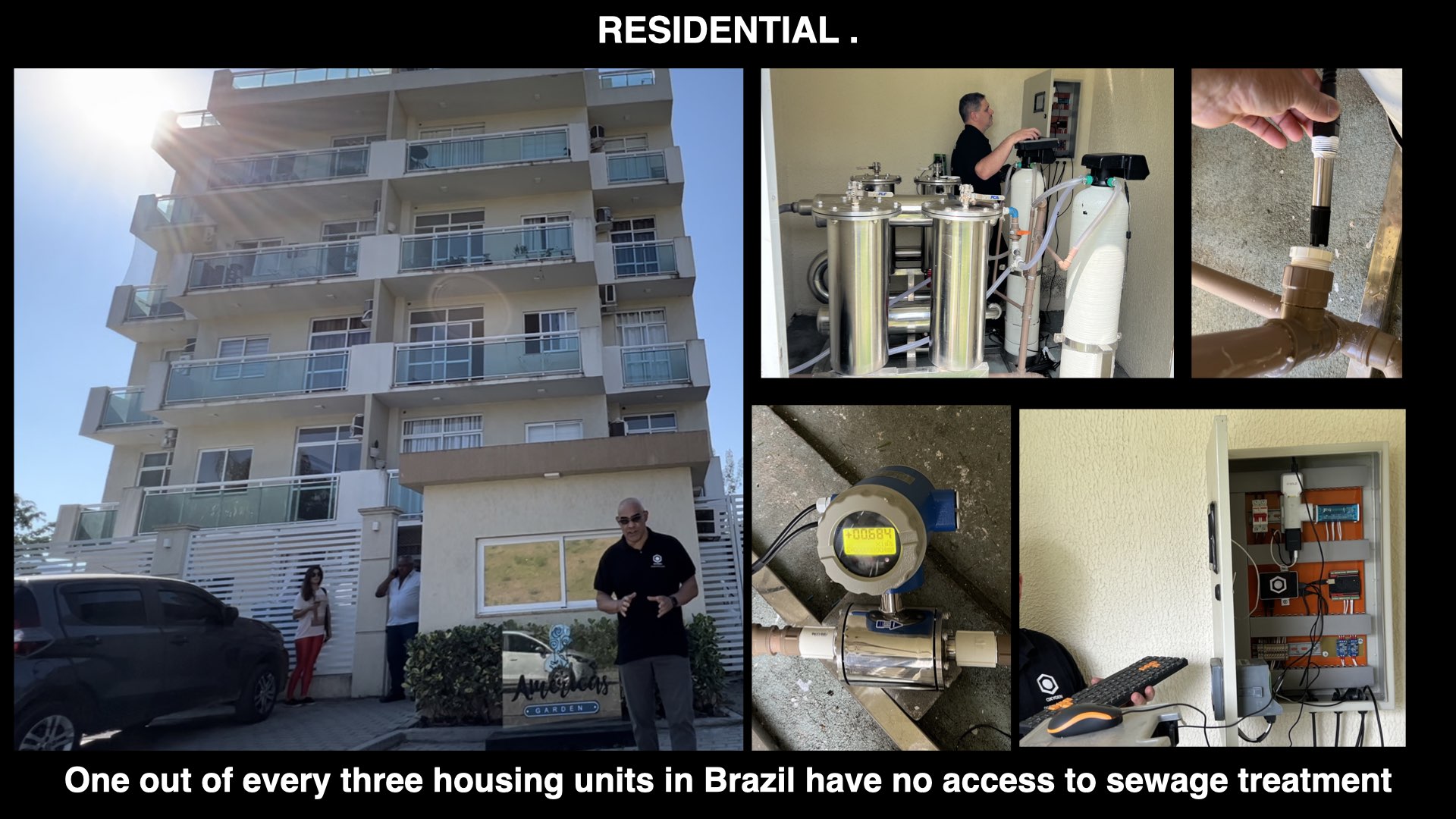 🔗🔗🔗🔗 (https://oxygenchain.earth/residential)
🔗🔗🔗🔗 (https://oxygenchain.earth/residential)
System Onboarding App
To enhance our efficiency and streamline system setup, we have initiated the development of an onboarding app. Currently, the manual setup process requires the installation of sensors, PLC, oxygen nodes, and further component configurations. Our aim is to automate and simplify this, reducing the manual work associated with node setup, thus facilitating easier adoption as well as positioning Oxygenchain among apps focusing on data accuracy, reliability, and transparency—integral aspects of blockchain-enabled applications. This categorization aligns with our commitment to providing trusted and verifiable data for water treatment systems, facilitating easier access for users seeking solutions in data measurement, reporting, and verification. It emphasizes our dedication to leveraging technology for environmental stewardship and operational efficiency.
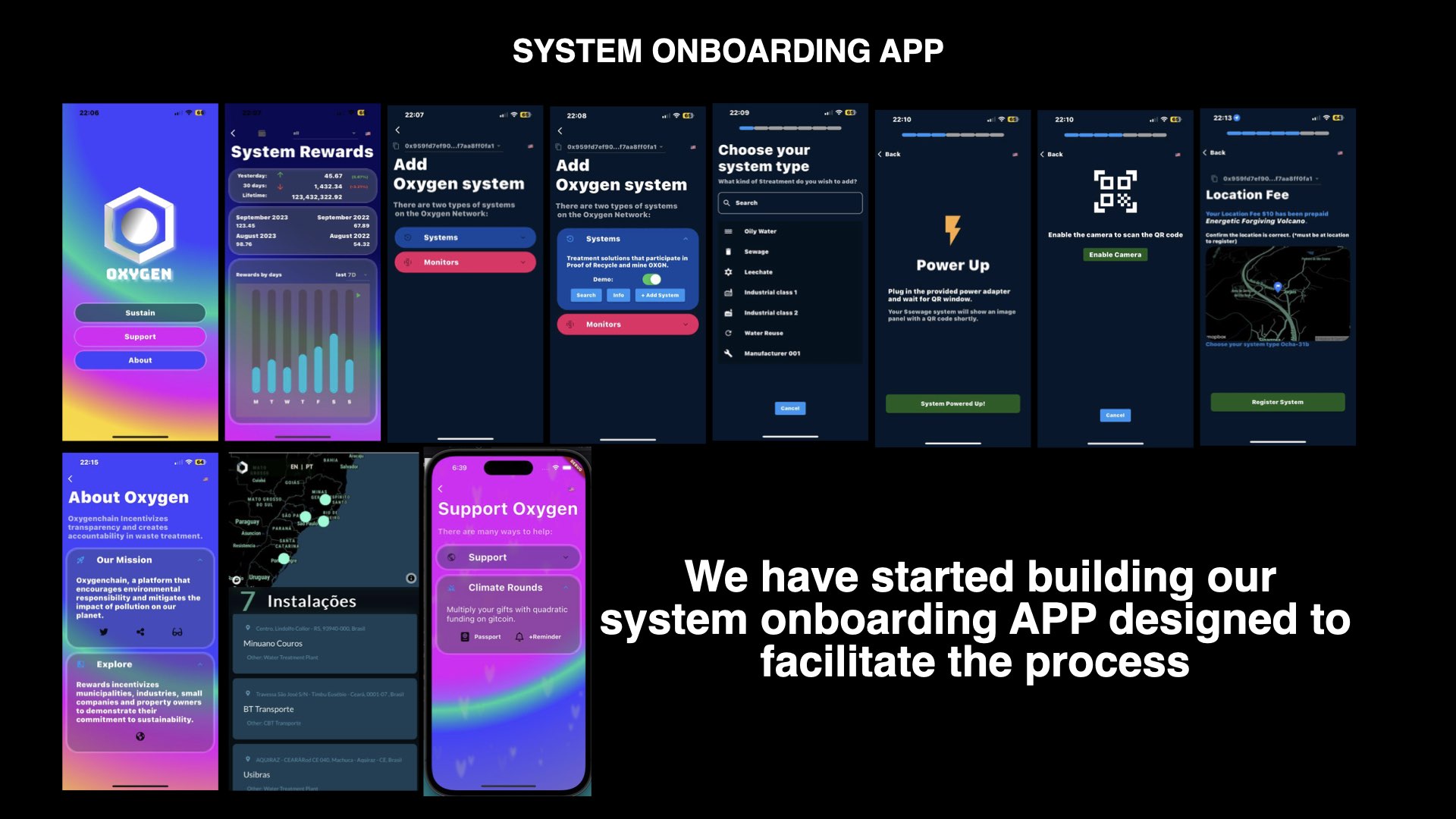
Mining initiative
This collaboration involves partnering with mining companies to develop technology aimed at reducing costs and enhancing the efficiency of mining wastewater treatment.
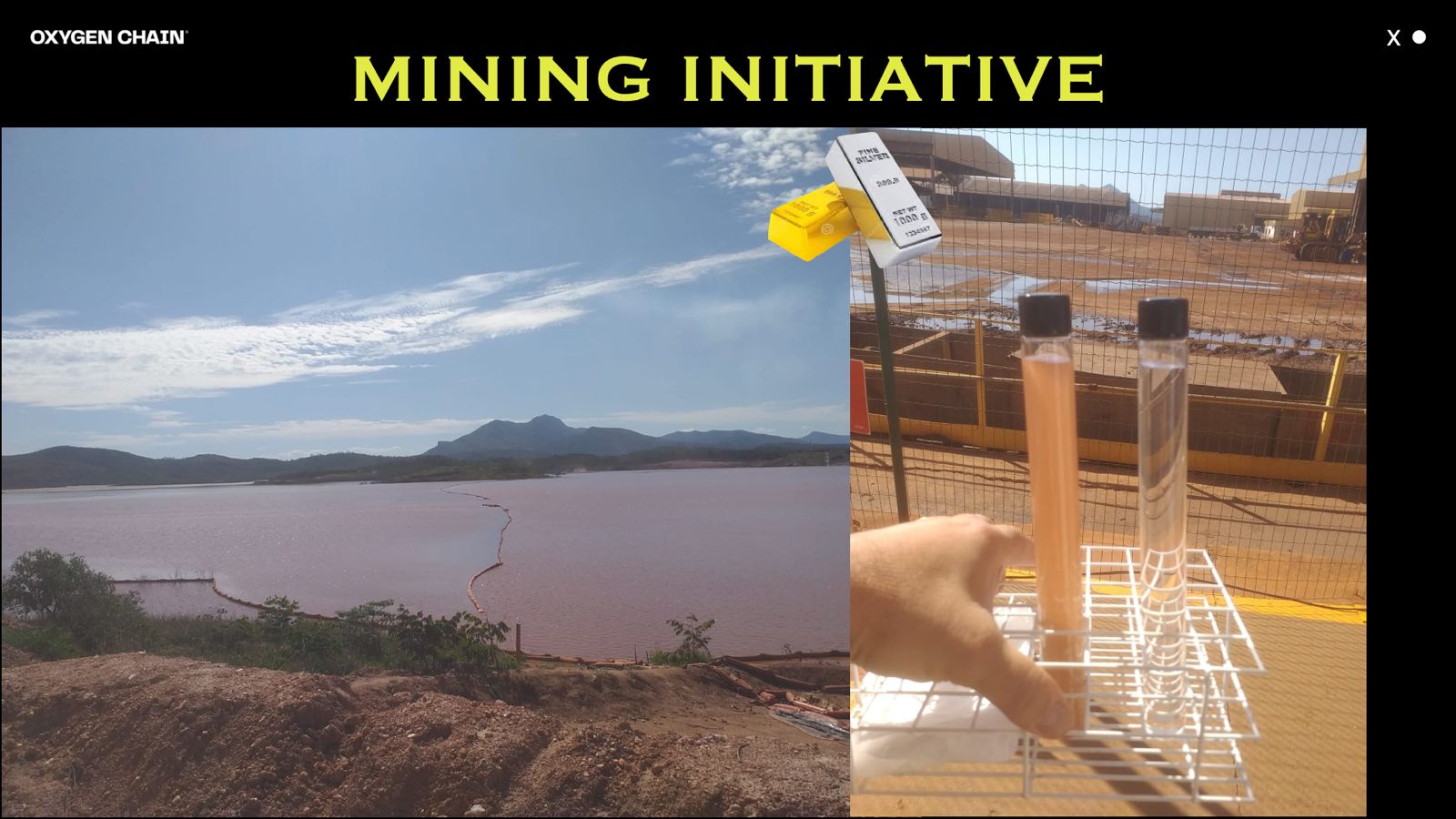
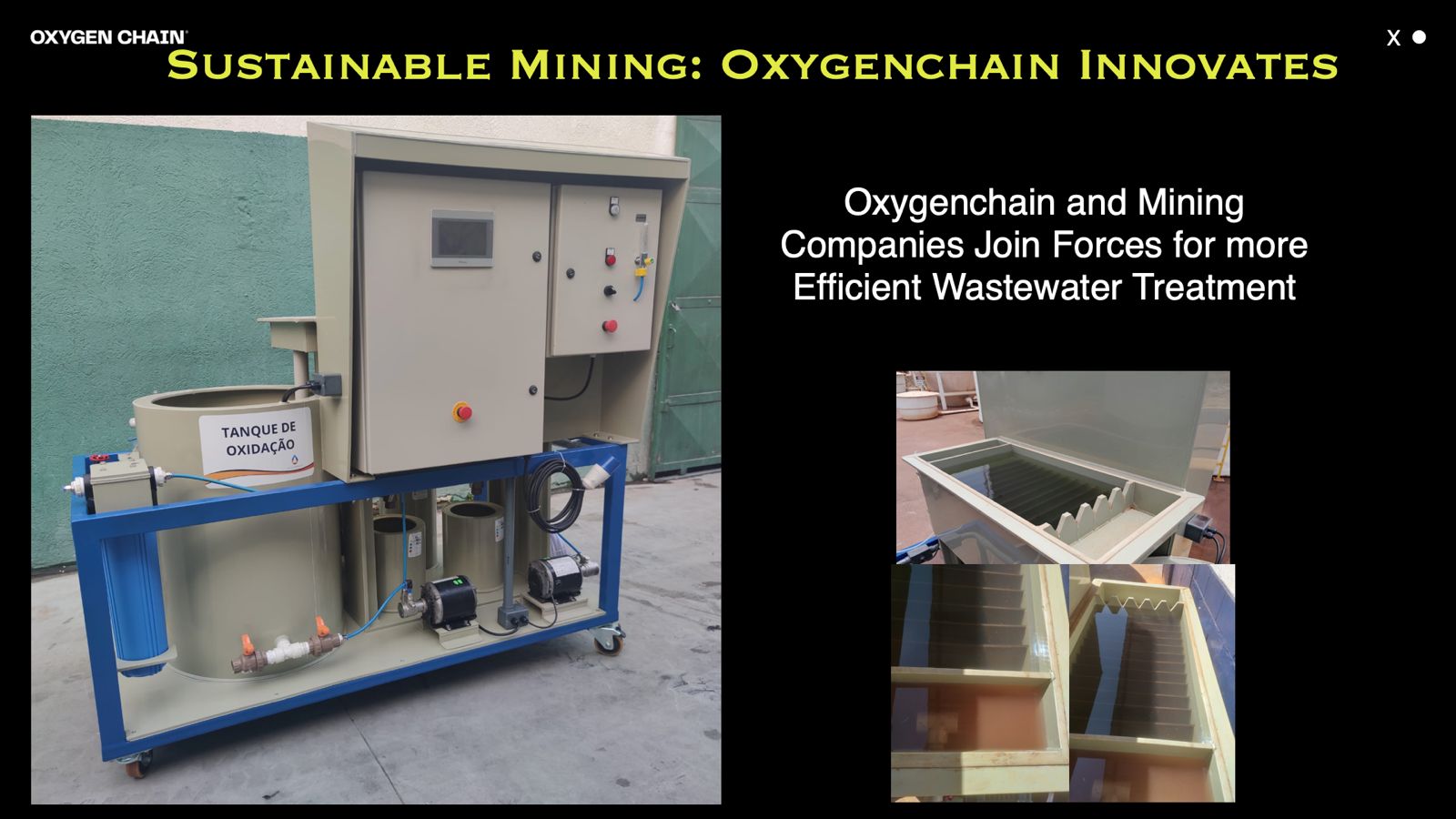
Increasing treatment efficiency in Vale do Encantado
Our recent evaluation project in "Valley do Encantado" one of the few shanty towns in Rio de Janeiro, Brazil, that actively treats its sewage. Despite their efforts, the existing biological treatment system has faced significant challenges due to recent population growth. Based on our evaluation, we have made several recommendations to upgrade and improve the efficiency of their sewage treatment.
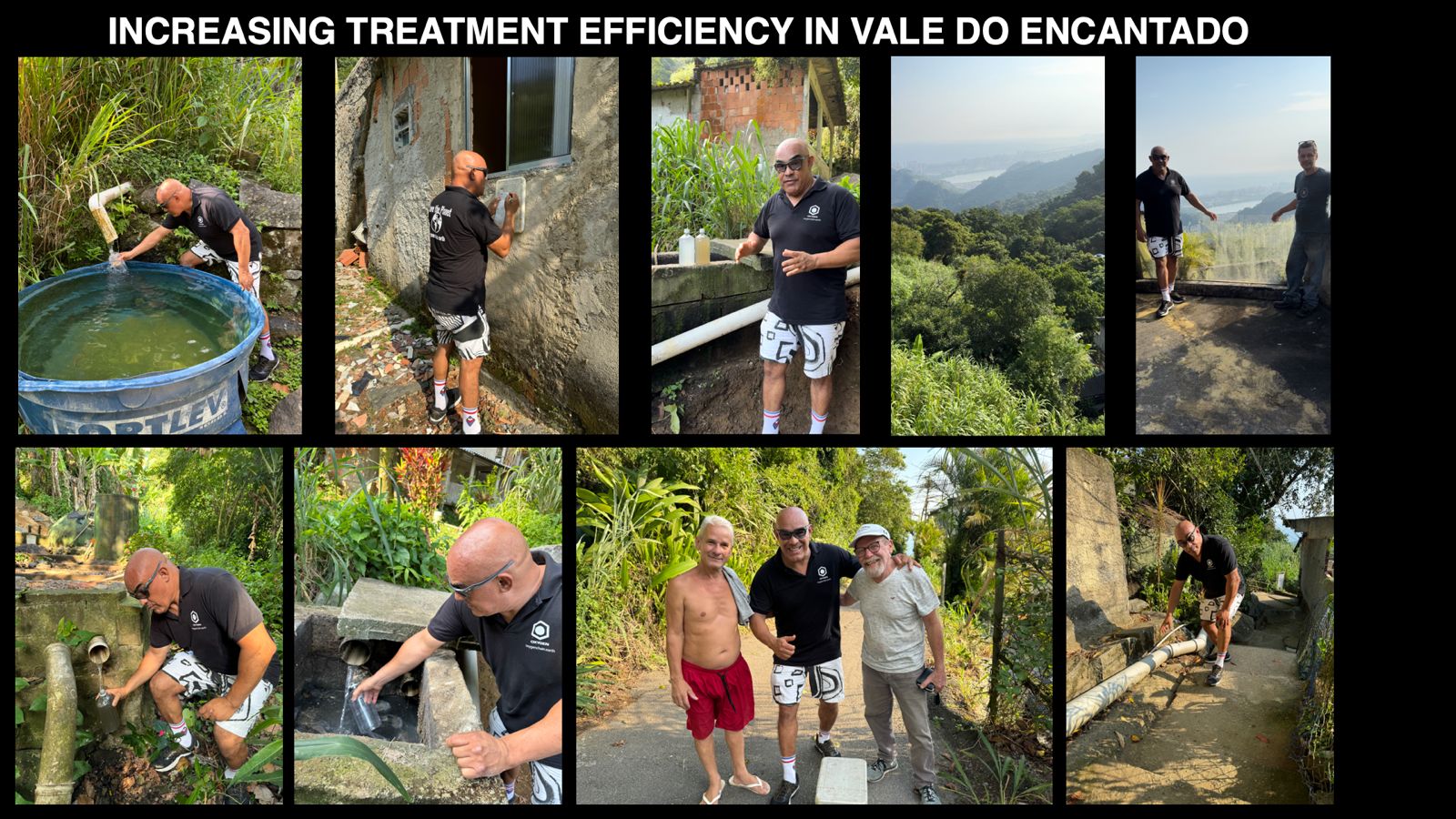
VIdigal's Shanty-town's sewage crisis
Brazil has over 11,403 shanty towns or favelas, with around 16MM living in them. Hardly any of them treat their sewage. Rio de Janeiro, the Brazilian municipality with the largest number of these residents has over 763 favelas housing 1.5MM….22% of the total population.
30,000 of these residents live in Vidigal, a Favela that has been contaminating the beautiful and popular beaches of Ipanema and Leblon for decades. This first milestone in this positive impact project is to raise awareness and track sewage flow.
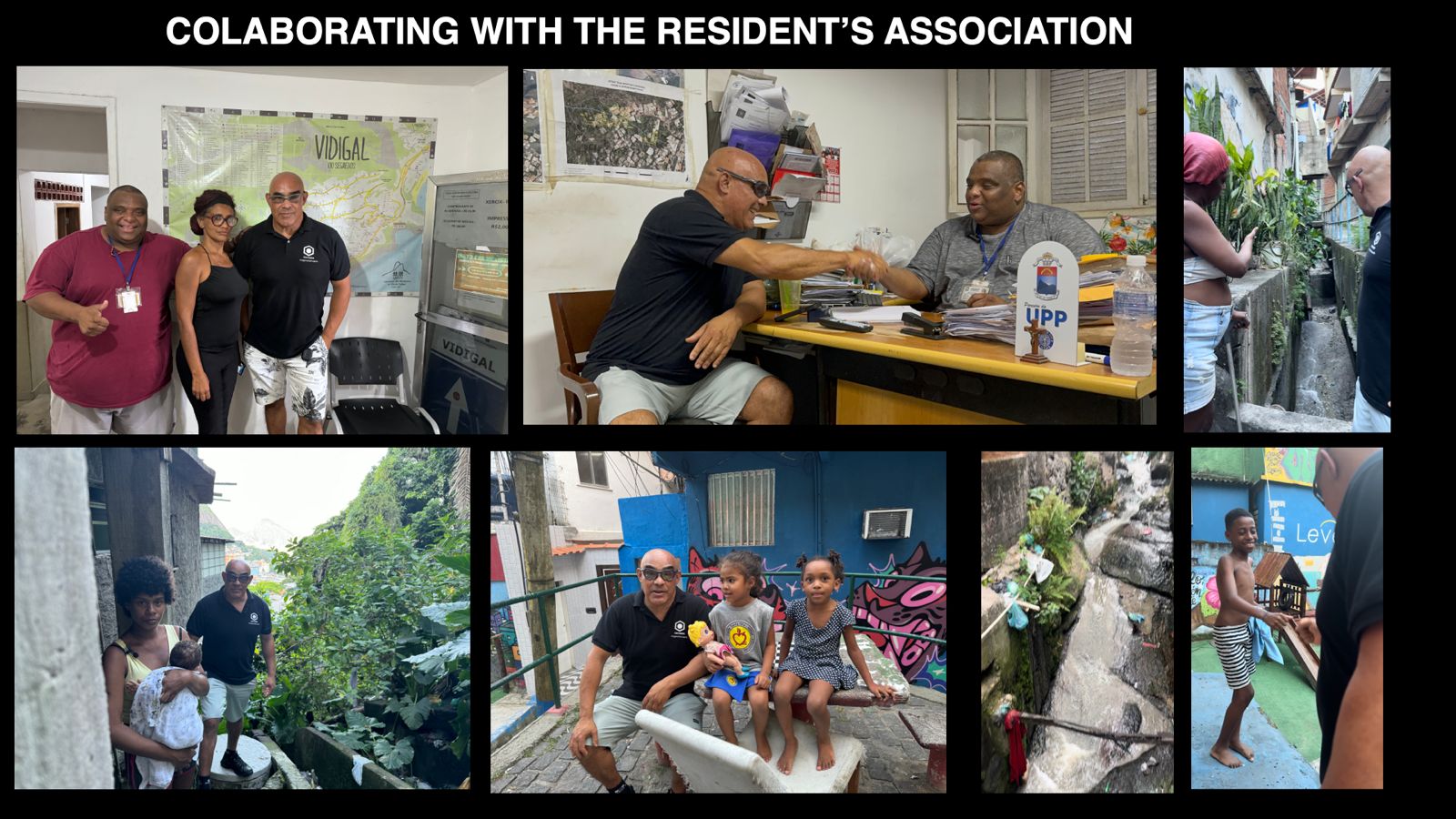
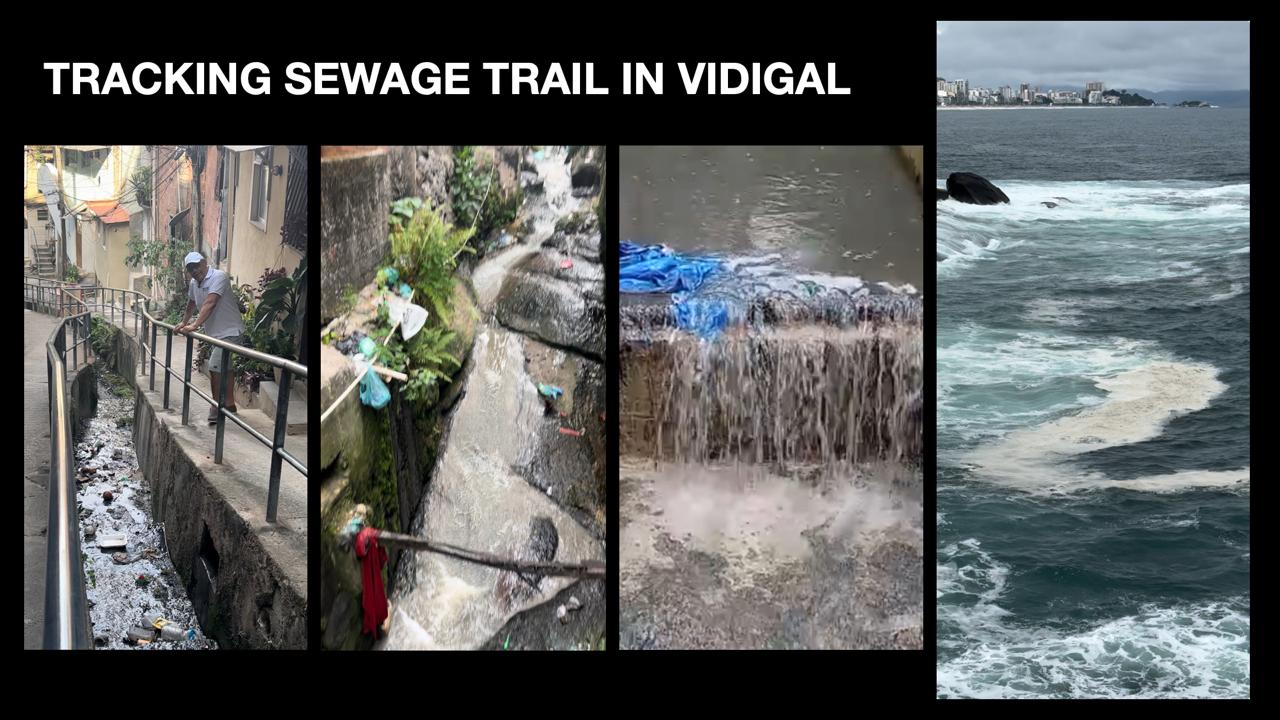
🔗🔗🔗🔗[https://vimeo.com/934647495)
Roadmap
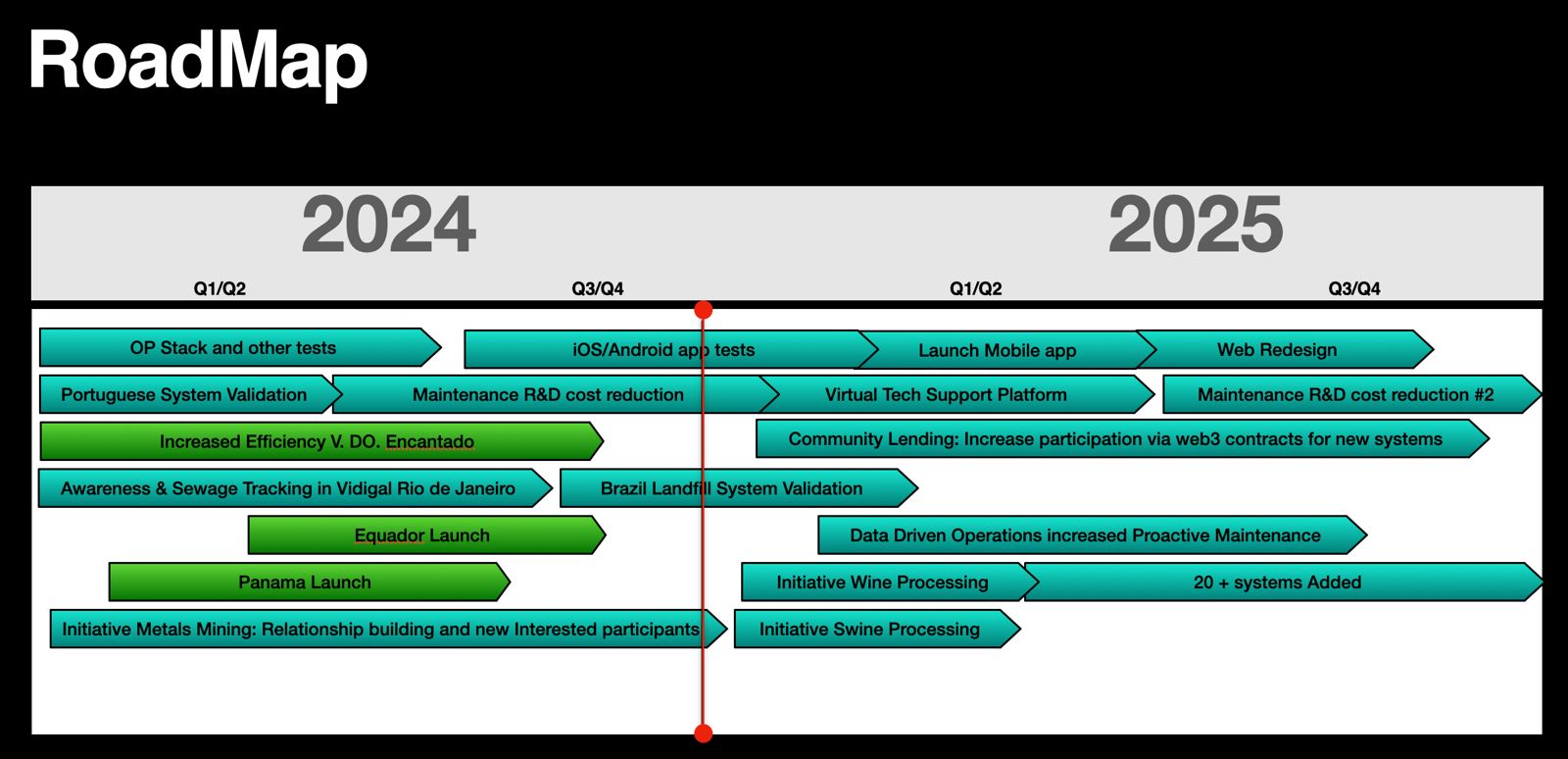
Oxygenchain History
-
accepted into Climate Solutions Round 7 months ago.
-
accepted into Climate Round 10 months ago.
